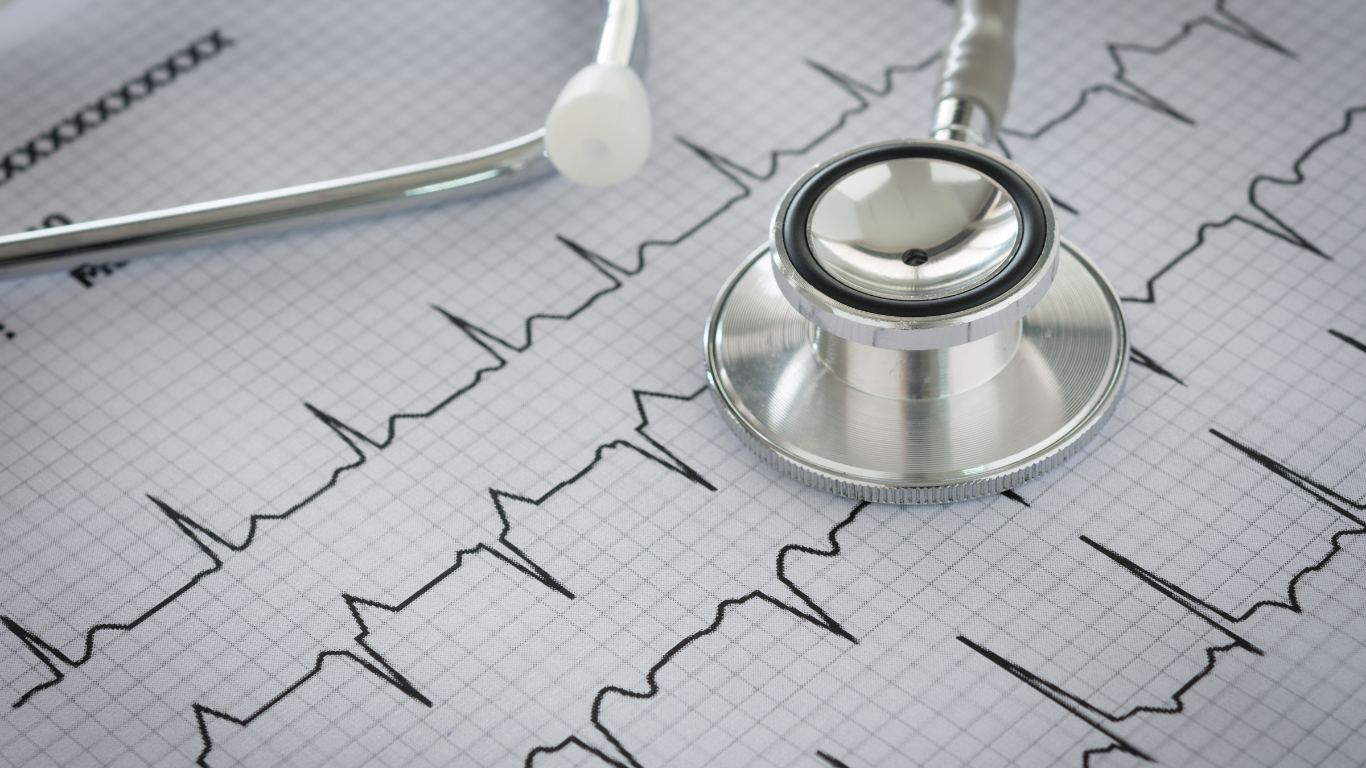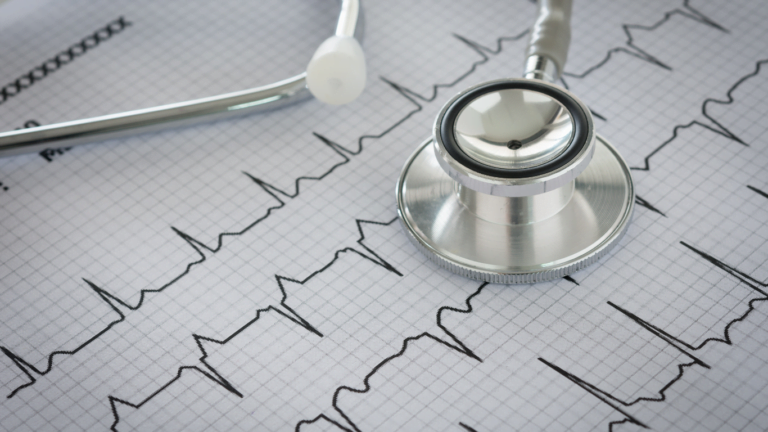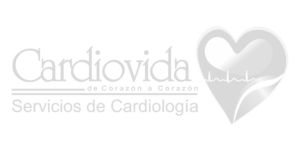
Cardiovascular diseases affect millions of people and are the leading cause of mortality and disability worldwide. Although there have been major advances in prevention and treatment, the aging population, the obesity and diabetes epidemic, and increased survival after acute episodes have all contributed to a rise in the diagnosis of chronic cardiovascular diseases and, therefore, a higher demand for consultations.


- Patients suspected of having heart disease who are undergoing evaluation.
- Patients at high cardiovascular risk, especially if they are undergoing treatment changes and require ongoing follow-up.
- Patients with known heart disease whose condition has worsened or who have experienced decompensated heart failure, but do not require emergency room care.
- Some high-risk asymptomatic patients who need periodic follow-up.
- Patients who want to rule out or confirm a suspected heart condition.
Tests a cardiologist may perform to assess your heart health include:
- Electrocardiogram (ECG): This test is performed to evaluate the heart's electrical activity and detect possible abnormalities in heart rate.
- Echocardiogram: This is a basic and essential test in cardiology used to observe the heart's structure and identify any irregularities in size or shape.
- Exercise Stress Test: This commonly known test, especially among athletes, measures the heart’s response to physical exertion.
Importante!
It is essential to monitor certain risk markers that significantly increase the likelihood of developing cardiovascular disease. Some of these include:
- Diabetes mellitus
- Overweight or obesity
- High blood pressure
- High cholesterol or dyslipidemia
- Sedentary lifestyle
- Smoking
- Stress
Accede a este nuevo servicio como particular o por medio de tu póliza. Agenda tu cita y ábrenos las puertas de tu hogar para cuidar, de corazón a corazón, la calidad de tu sueño.



